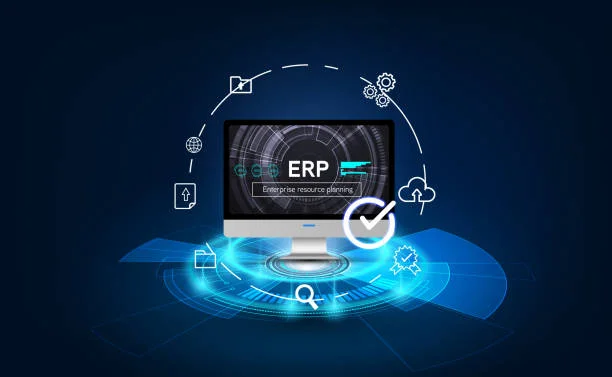An effective ERP deployment is essential to streamline business operations and increase organizational productivity. Yet, smooth deployment is contingent upon meticulous planning, accurate testing and consistent monitoring. However, with the right enterprise testing tool, organizations can mitigate risks, validate configurations, and confirm functional accuracy across departments, and ultimately end up with a more reliable and seamless ERP implementation process.
There’s so much more to discover—browse our related posts!
Importance of planning in ERP deployment
The backbone of any successful ERP Implementation is planning. The scope, objectives, timelines and the allocation of resources necessary to efficiently manage the implementation process are outlined in a structured plan. This allows stakeholders to expect problems and align ERP functionalities to business goals. Incorporating testing phases early in the planning process prevents problems from being discovered at the last minute before full scale roll out. In conjunction with an enterprise testing tool, this strategy enables organizations to mimic real time operations to verify software compatibility and user readiness across all modules and all departments.
Role of enterprise testing tool in deployment
During deployment of an ERP, an enterprise testing tool is essential to test the functionality, performance and integration of the system with existing business applications. These tools can simulate user transactions, perform load testing, and ensure data is accurate across the platform. Further, automation features expedite test cycles, improving accuracy and consistency. With comprehensive test coverage, businesses can confirm that the ERP system satisfies regulatory standards, security requirements, and operational expectations. Early detection of errors and configuration mismatches helps eliminate problems after deployment and reduces time and cost overruns.
Data migration and validation strategies
ERP deployment includes a vital data migration component where legacy data needs to be transferred to the new system with utmost care. Data migration can disrupt operations and expose data to compliance risks if poorly executed. During this phase, teams can use an enterprise testing tool to confirm data completeness, format compatibility, and integrity. Parallel runs, record sampling, and automated reconciliation processes are some of the validation strategies implemented to maintain confidence in the migrated data. These practices create a consistent data environment, which is crucial for making informed decisions and for the smooth migration to a new ERP.
User acceptance testing and training
User acceptance testing (UAT) is a critical phase of ERP deployment when end users evaluate the system to confirm its suitability for real world business scenarios. An enterprise testing tool allows users to create realistic test scripts that mimic daily tasks and help them verify the ERP system’s functionality and usability. Before go-live, final system adjustments are guided by UAT results. User training complements testing by ensuring that teams are comfortable with new processes and interfaces. Training individuals properly ensures that adoption rates are improved, resistance to change is reduced, and employees can start using the system effectively from day one.
Monitoring and post-deployment optimization
Once ERP is deployed, it is essential to monitor the system continuously for stability and performance. After deployment, any issues like slow response times, errors, or integration failures must be immediately resolved. An enterprise testing tool allows for continuous performance tracking, empowering teams to spot trends, streamline workflows, and make improvements. Feedback mechanisms and post deployment audits ensure that the ERP system adapts to business needs. This phase reinforces the return on investment and solidifies the long term value of the ERP.
Conclusion
Implementing ERP involves strategic planning, rigorous testing, and continuous improvement. With AI powered no code test automation, intelligent process mining, and personalized training, Opkey, a leading enterprise testing tool, streamlines the entire ERP lifecycle. Testing, Training, and Support Agents help reduce risk, ensure smooth transitions, and boost user adoption, thus delivering faster, more reliable ERP implementations and long-term operational success.
The journey doesn’t stop here—explore more insights on our blog!






